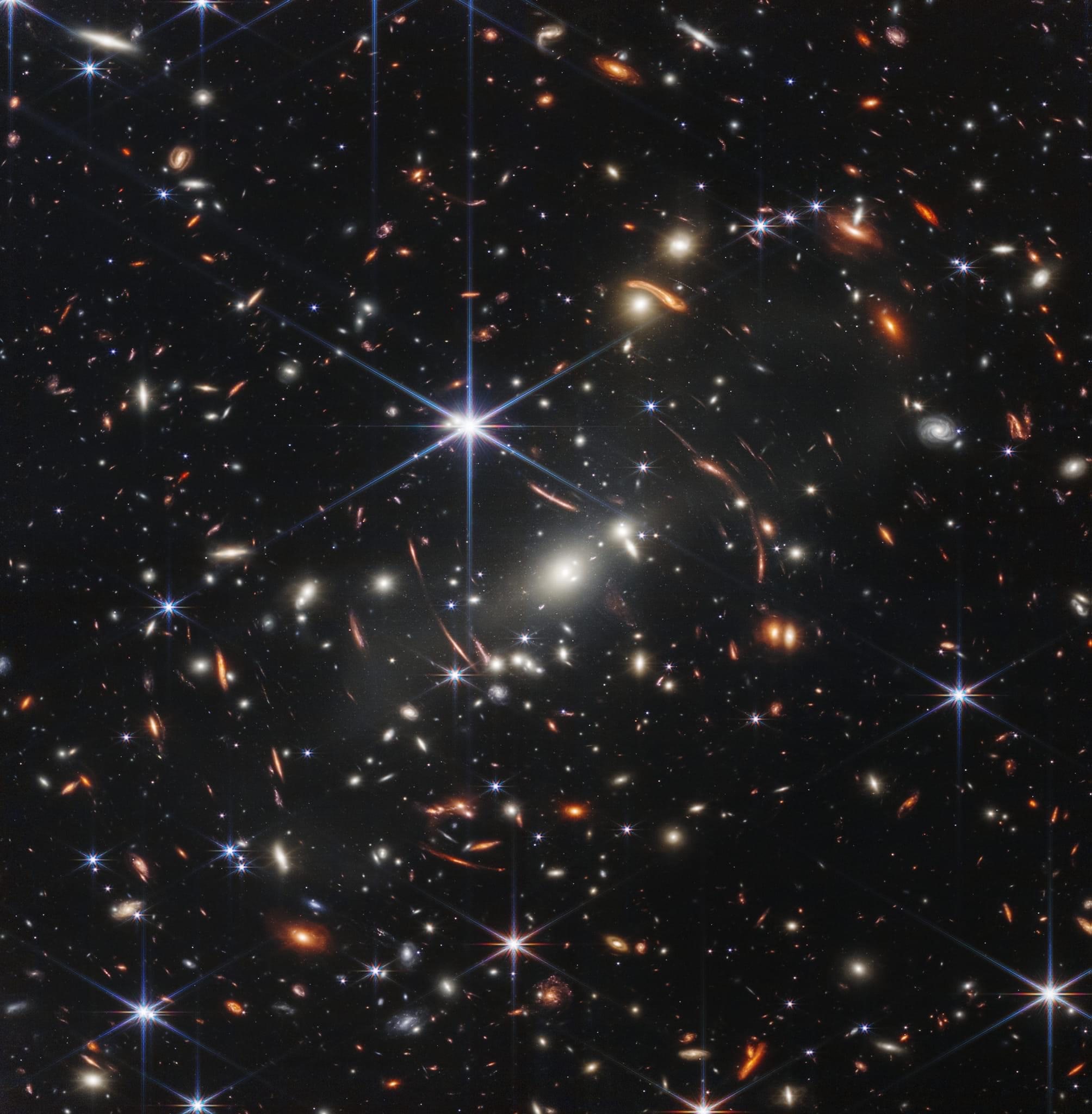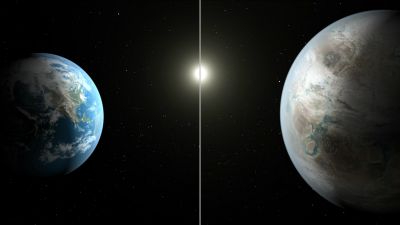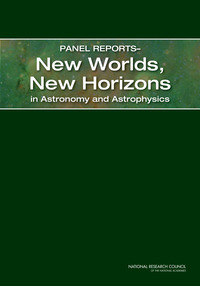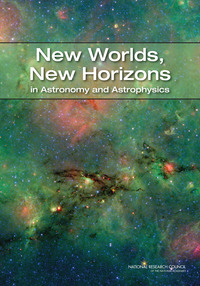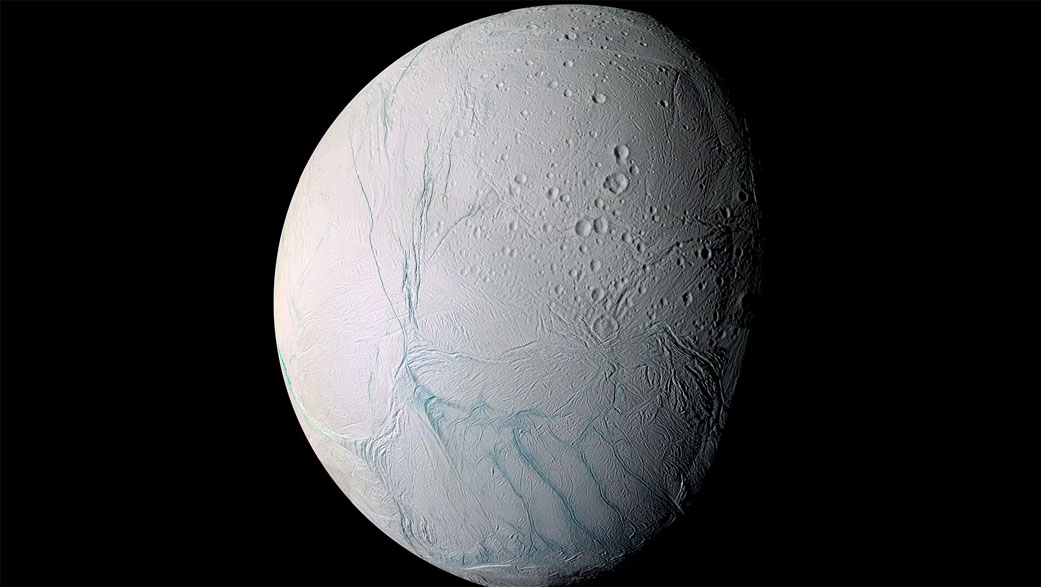
This week, an international team of scientists announced their discovery of phosphorus, a key chemical element for many biological processes, in icy grains emitted by Saturn’s moon Enceladus. Scientists had previously found that Enceladus’ ocean is rich in a variety of organic compounds. This new result marks the first time that this essential element has been discovered in an ocean beyond Earth. Our titles highlight key science questions, identify priority missions, and present research strategies to continue the search for life in our own solar system and beyond. As always, they are free to read online or download.

Origins, Worlds, and Life: A Decadal Strategy for Planetary Science and Astrobiology 2023-2032
The next decade of planetary science and astrobiology holds tremendous promise. New research will expand our understanding of our solar system’s origins, how planets form and evolve, under what conditions life can survive, and where to find potentially habitable environments in our solar system and beyond. Origins, Worlds, and Life: A Decadal …[more]

An Astrobiology Strategy for the Search for Life in the Universe
Astrobiology is the study of the origin, evolution, distribution, and future of life in the universe. It is an inherently interdisciplinary field that encompasses astronomy, biology, geology, heliophysics, and planetary science, including complementary laboratory activities and field studies conducted in a wide range of terrestrial …[more]

The past decade has delivered remarkable discoveries in the study of exoplanets. Hand-in-hand with these advances, a theoretical understanding of the myriad of processes that dictate the formation and evolution of planets has matured, spurred on by the avalanche of unexpected discoveries. Appreciation of the factors that make a planet …[more]

Searching for Life Across Space and Time: Proceedings of a Workshop
The search for life is one of the most active fields in space science and involves a wide variety of scientific disciplines, including planetary science, astronomy and astrophysics, chemistry, biology, chemistry, and geoscience. In December 2016, the Space Studies Board hosted a workshop to explore the possibility of habitable environments in …[more]

Throughout much of human history, space was thought to be a void in which only ions or radicals existed. It was only in the last half of the 20th century that scientists began to discover the existence of molecules, such as ammonia, in space. Discovery has accelerated in the last decade with the installation of new facilities and cutting-edge …[more]

Extending Science: NASA’s Space Science Mission Extensions and the Senior Review Process
NASA operates a large number of space science missions, approximately three-quarters of which are currently in their extended operations phase. They represent not only a majority of operational space science missions, but a substantial national investment and vital national assets. They are tremendously scientifically productive, making many of …[more]

Assessment of Planetary Protection Requirements for Spacecraft Missions to Icy Solar System Bodies
NASA’s exploration of planets and satellites during the past 50 years has led to the discovery of traces of water ice throughout the solar system and prospects for large liquid water reservoirs beneath the frozen ICE shells of multiple satellites of the giant planets of the outer solar system. During the coming decades, NASA and other space …[more]

Life in the Universe: An Assessment of U.S. and International Programs in Astrobiology
The past decade has seen a remarkable revolution in genomic research, the discoveries of extreme environments in which organisms can live and even flourish on Earth, the identification of past and possibly present liquid-water environments in our solar system, and the detection of planets around other stars. Together these accomplishments bring …[more]
